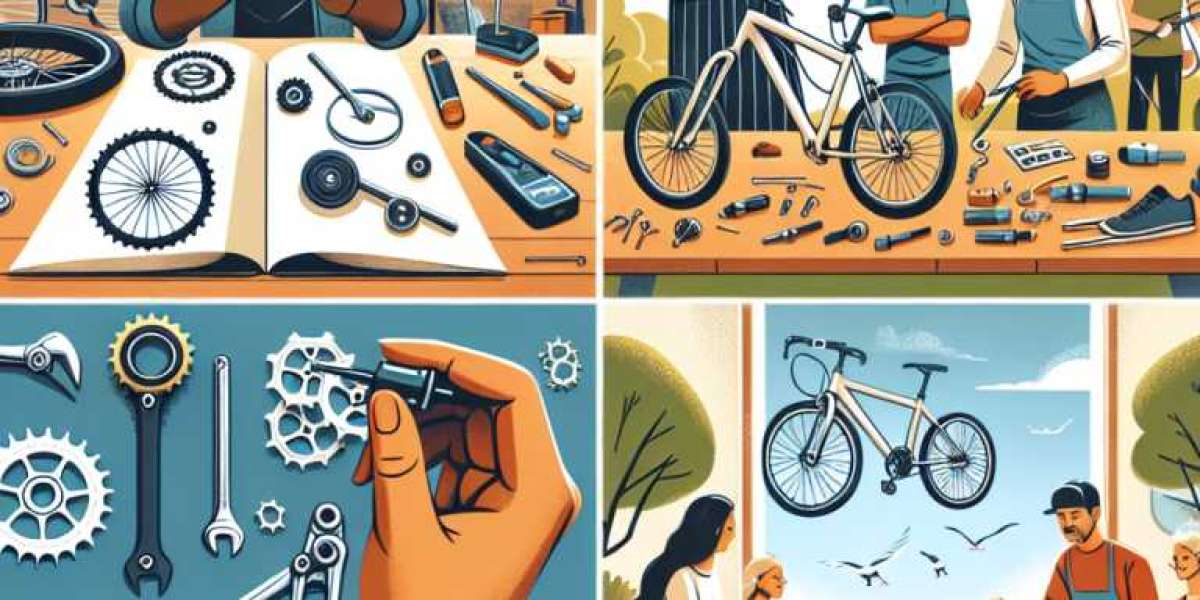If you’ve ever been in a car accident—even a minor one—you may have walked away relieved that no one was hurt. But after the dust settles and the repairs are done, you might face a frustrating realization: your car just isn’t worth what it used to be. That’s where a diminished value claim comes in.
Diminished value refers to the loss in market value a vehicle suffers after it’s been in an accident and repaired. Even if the repairs are flawless and your car looks good as new, its history of damage can affect its resale or trade-in value. Buyers and dealerships often prefer vehicles with a clean history report, and prior damage—even if fully fixed—can reduce a vehicle’s appeal.
A diminished value claim allows the vehicle owner to seek compensation for this loss in value. Essentially, you're asking the at-fault driver’s insurance company to pay for the depreciation caused by the accident they were responsible for. It’s a way to recover what you’ve lost that doesn’t show up on the repair bill.
There are generally three types of diminished value: inherent, repair-related, and immediate. Inherent diminished value is the most commonly claimed type and refers to the loss in value simply due to the car's accident history. Repair-related diminished value is caused by subpar repairs, and immediate diminished value is the loss calculated immediately after the accident, before repairs are made.
Let’s say you were driving a newer model vehicle with no previous accidents. Someone hits you, and although it’s repaired by a top-tier shop, your vehicle now has a “damage history” on record. That alone could shave thousands off its resale price. Through a diminished value claim, you could recover that difference.
So who can file a diminished value claim? In most states, only the not-at-fault party is eligible. That means if you caused the accident, you typically can’t claim diminished value through your own insurance. But if someone else caused it, and their insurance accepts liability, you may be entitled to this form of compensation.
It’s important to know that not all states treat diminished value claims the same. Some allow them under specific conditions, while others may limit or outright deny them. Georgia, for example, is one of the most favorable states for these claims, while others like Michigan have more restrictive rules. Always check your local laws or consult an attorney or appraiser.
Filing a diminished value claim usually involves proving the value your car had before the accident, the repairs done, and its value after those repairs. Professional appraisers or diminished value calculators can help you estimate that loss. Some insurance companies might offer their own valuations—but be cautious, as these may underestimate the real loss.
Documentation is key. You’ll need your pre-accident car valuation (based on mileage, condition, and model), repair invoices, and possibly a statement from a diminished value expert. The more evidence you have, the stronger your claim.
Be prepared for some negotiation. Insurance companies don’t always readily accept diminished value claims, and they may push back or offer low settlements. Persistence, evidence, and sometimes legal assistance can help you secure a fair amount.
Many people miss out on these claims simply because they’ve never heard of them. Yet diminished value can mean losing thousands of dollars when it’s time to sell or trade in your vehicle. If you're in an accident that wasn’t your fault, it’s absolutely worth looking into.
In summary, a diminished value claim Florida compensates you for the drop in your car’s market value after it’s been repaired from an accident. It’s your right to pursue this if the accident wasn’t your fault, and it can be a smart financial move to protect your investment in your vehicle.
Whether you drive a luxury car or a practical commuter, understanding diminished value helps you make informed decisions—and possibly recover money you didn’t know you were entitled to.
Also Read: How to Make a Diminished Value Car Insurance Claim



